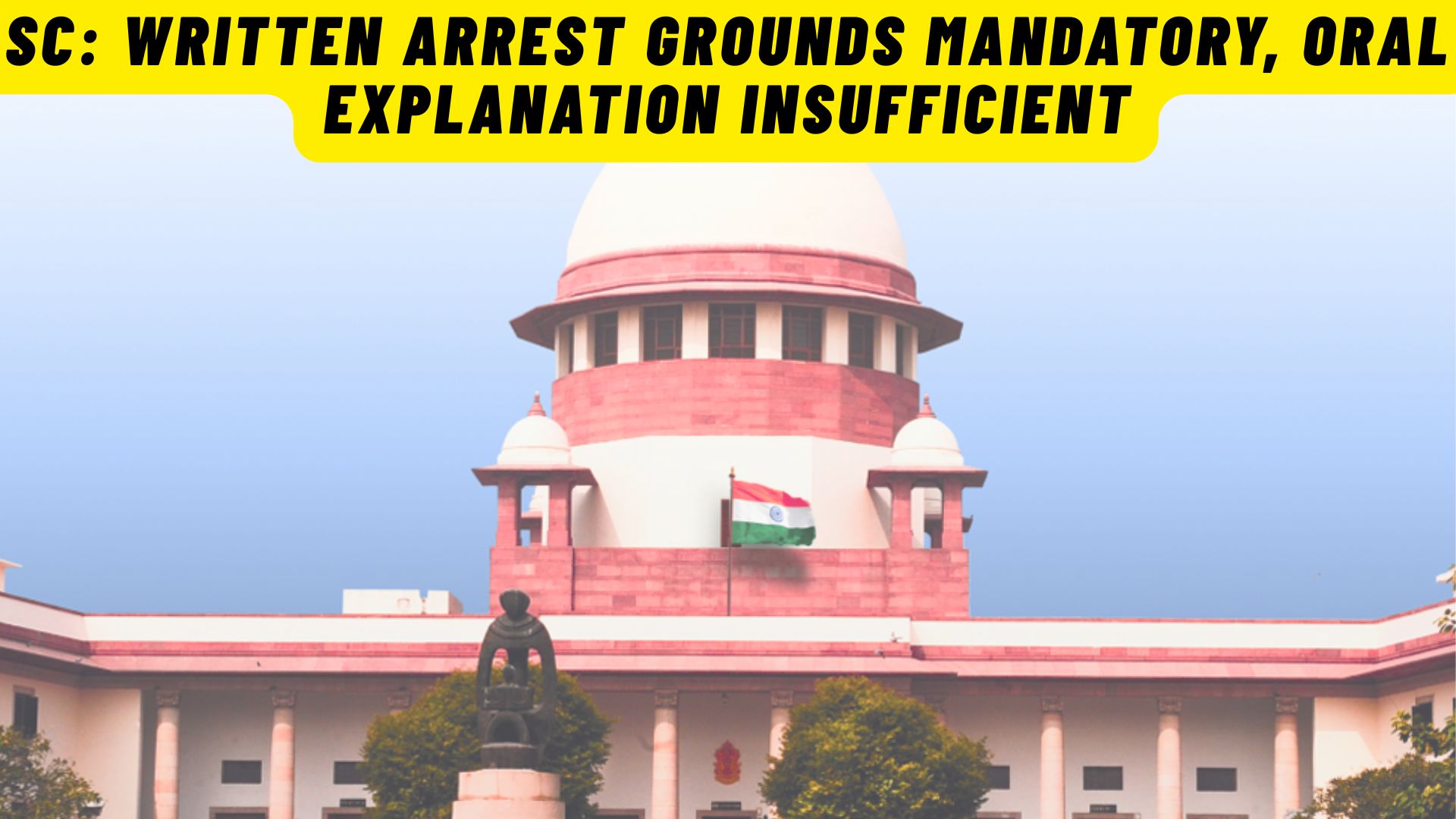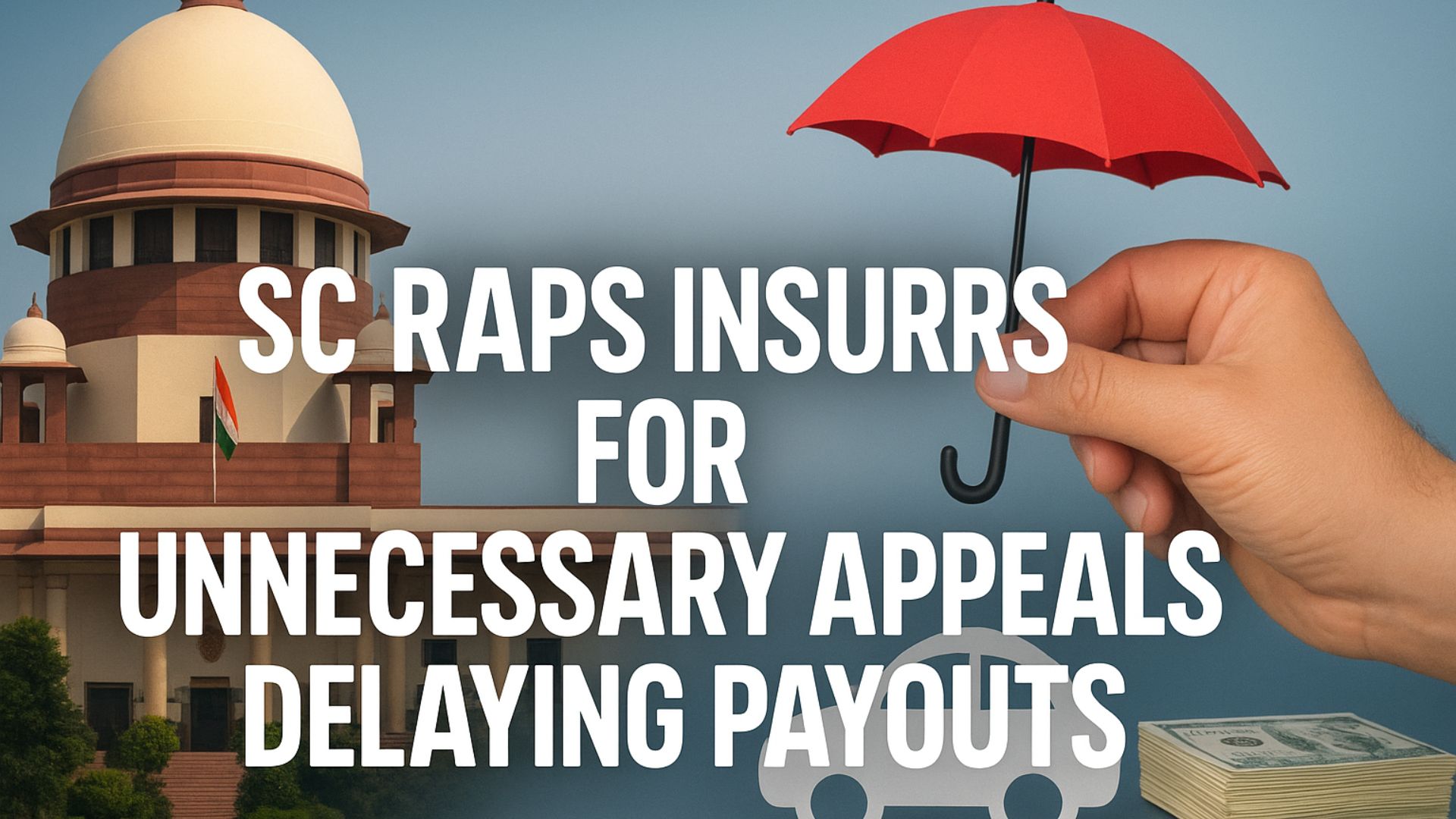V.A. Naik, J.@mdashSince the issue involved in these appeals is identical, they are heard together and are decided by this common judgment. By
these appeals, the appellants have challenged almost identical orders of the Customs Excise & Service Tax Appellate Tribunal, West Zonal Bench
at Mumbai, dismissing the appeals filed by the appellants under the provisions of Section 35-B of the Central Excise Act, 1944 on the ground that
they are defective.
2. The appellants are engaged in various businesses and they render their services to the BILT Graphic Paper Products Limited. According to the
appellants, they did not evade the payment of Service Tax and had paid the Service Tax with interest for the disputed period though the delay in
making the payment was not intentional. According to the appellants, the appellants filed the Service Tax returns in 2007 and after issuing a show
cause notice to the appellants, the Assistant Commissioner, Central Excise, Chandrapur passed an order directing the appellants to pay the Service
Tax, penalty and interest. The appellants filed appeals before the Commissioner (Appeals) but the appeals were dismissed and it was held that the
appellants were liable to pay the penalty. The appellants approached the Tribunal against the order of the Commissioner (Appeals). Since certain
objections were not removed and the defects in filing the appeals were not cured, the Tribunal by the impugned order, dismissed the appeals as
defective.
3. Shri Chawhan, the learned counsel for the appellants, submitted that some of the defects mentioned in the impugned orders were already cured
by the appellants and they had dispatched the certified copies of the orders of the Commissioner (Appeals) to Tribunal. It is stated that the defect
memos were served only on one of the appellants and the other appellants were not aware that there were defects in filing the appeals and that
they were required to be cured. It is submitted that in the interest of justice, an opportunity needs to be granted to the appellants to remove the
deficiencies in filing the appeals as the penalty imposed upon the appellants is huge.
4. The learned counsel for the respondents supported the orders of the Tribunal and submitted that in the facts of the case, the Tribunal had no
course other than to dismiss the appeals filed by the appellants for non removal of the defects in filing the same. It is submitted that in case, this
court is inclined to grant an opportunity to the appellants, to cure the defects by remanding the appeals, this court may impose some costs on the
appellants.
5. On hearing the learned counsel for the parties, it appears that the following substantial question of law arises for determination in these appeals.
6. Whether the Tribunal has taken a highly technical view in dismissing the appeals filed by the appellants on the ground that they are defective and
whether an opportunity needs to be granted to the appellants to cure the defect and prosecute the appeals?
7. It appears on hearing the learned counsel for the parties that an opportunity needs to be granted to the appellants to cure the defects in filing the
appeals so that the appeals filed by the appellants against the imposition of the penalty could be prosecuted. It is stated on behalf of the appellants
that the certified copies of the orders of the Commissioner, (Appeals) were dispatched to the Tribunal by the appellants and the appellants were
not aware that an objection in regard to the non-filing of the certified copy was raised in the matters. Moreover, there is reason to believe the case
of the appellants that only one of the appellants was informed about the defects in filing the appeals and the other appellants were not aware of the
same. In any case, since the appellants have shown their willingness to cure the defects as early as possible, it would be necessary to grant an
opportunity to the appellants to cure the defects in filing the appeals. The substantial question of law is, therefore, answered in favour of the
appellants. In view of the aforesaid, The appeals are partly allowed. The impugned orders are quashed and set aside subject to payment of costs
of Rs. 5,000/- in each of the appeals filed by the appellants, within a period of four weeks. The costs may be deposited in the Tribunal. The
appellants should also cure the defects in the appeals within a period of 15 days from the date of payment of the costs in the Tribunal. In the facts
of the case, there would be no order as to costs.

